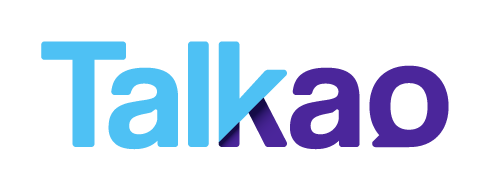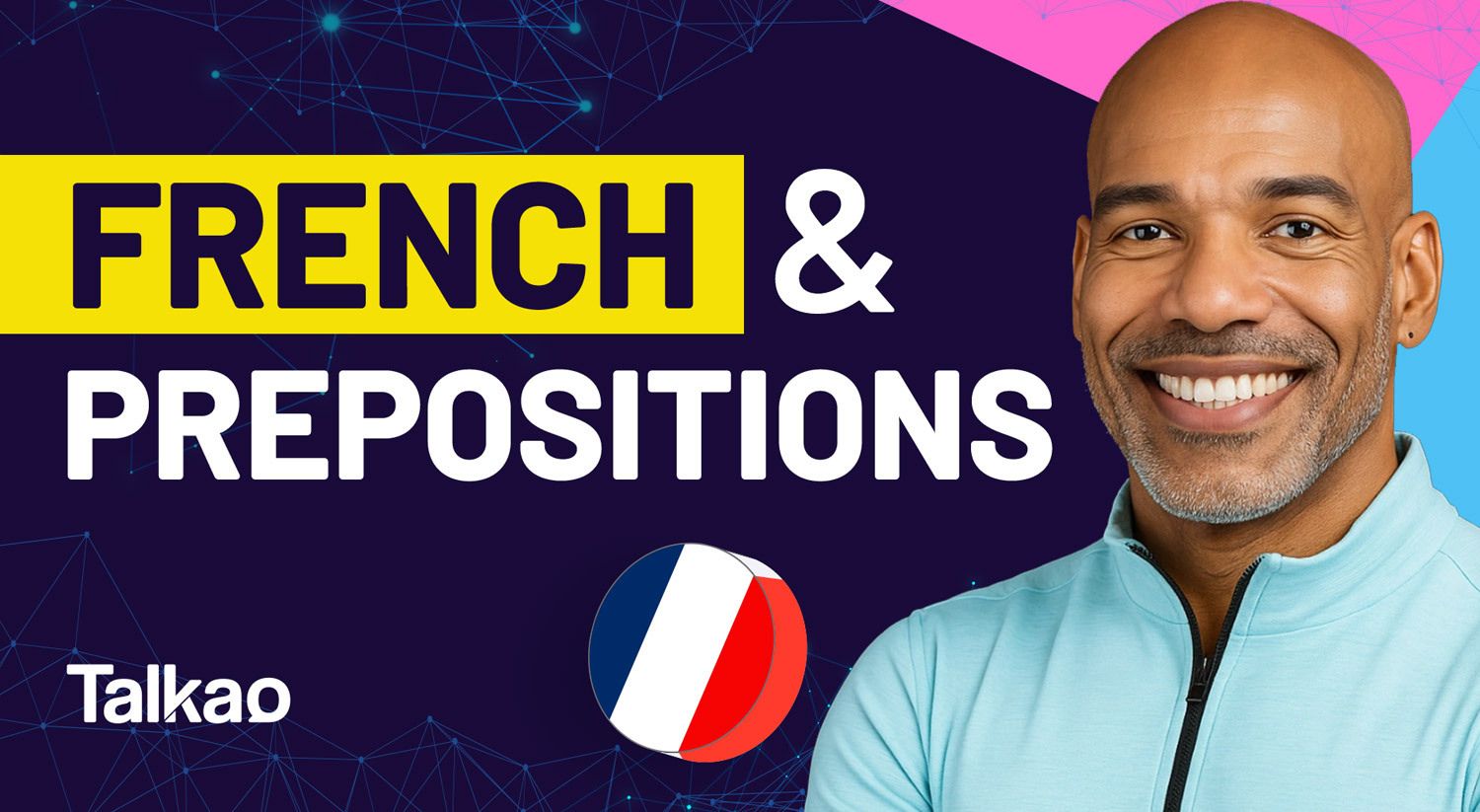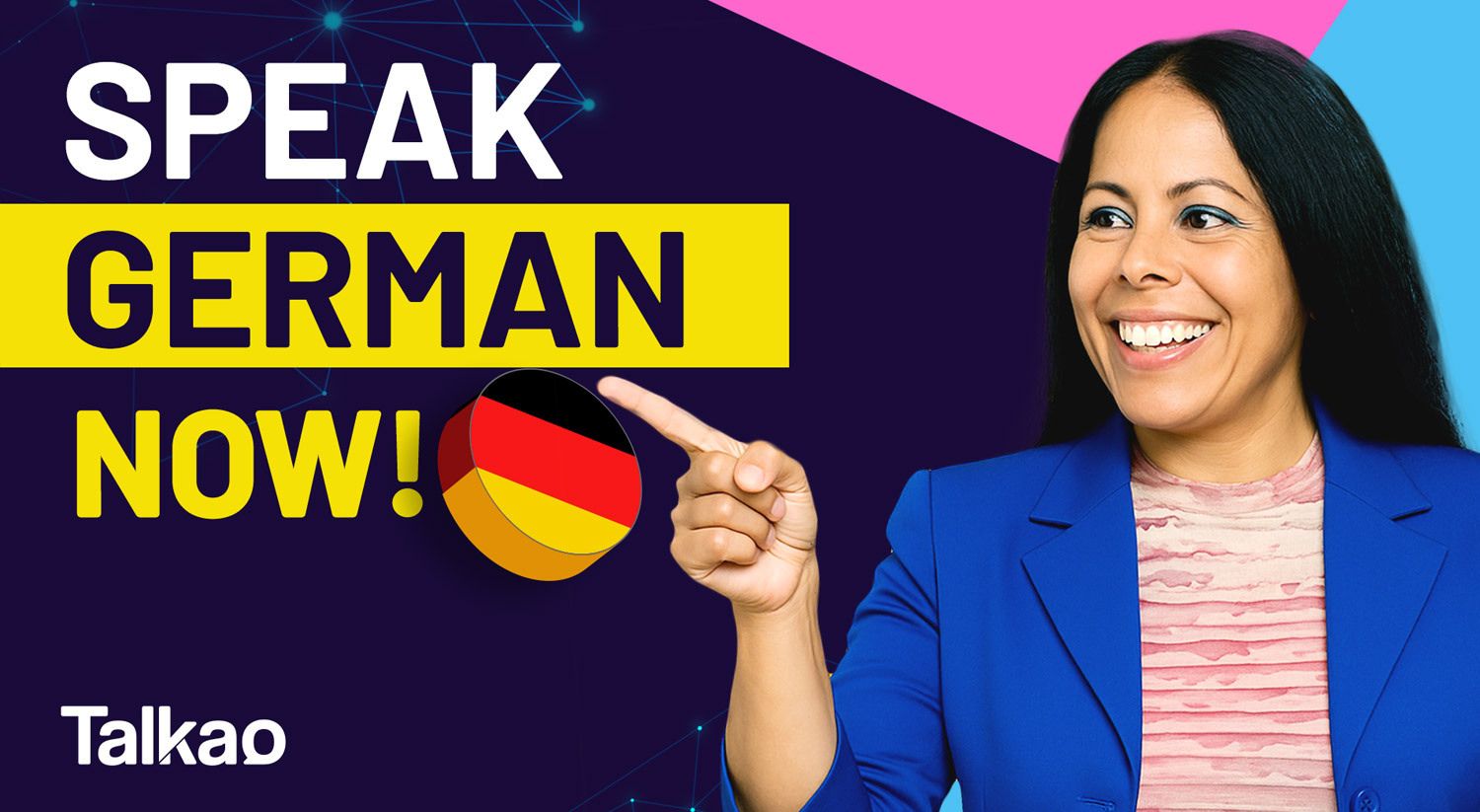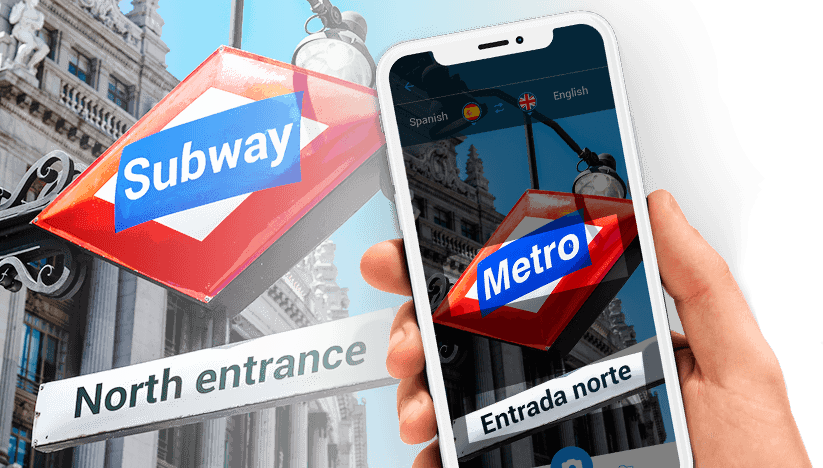
Bilingual candidates always seem to be the first to receive that long-awaited job offer. They’re often treated more favorably during interviews and, in many cases, land better positions. On the other hand, even if it feels unfair, competing against bilingual applicants often seems like an uneven race.
It makes sense when the role involves leadership or requires communication in another language—but why are bilingual candidates chosen for jobs that don’t even require a second language?
This is a common question—and a very valid one. Most of us have seen job listings requesting language skills for positions that, on the surface, don’t seem to need them. So why does this happen? What’s the real value of knowing another language in the workplace?
To answer these questions, we spoke with several hiring and recruitment experts, and here are some of the main reasons behind this hiring trend.
If you’re currently job hunting or looking to grow professionally, this information could be a game changer for your career.
Do bilingual candidates have an advantage in the job market?
Unless you come from a billionaire family or your father hit the jackpot, we’ve all had to look for a job at some point—right? Most of us, if not all, have heard the dreaded phrase: “We’ll call you”… and that call never comes. The truth is, job hunting is one of the most frustrating experiences for many people.
Global labor markets are often oversaturated, regardless of how developed a country’s economy may be. There always seem to be more candidates than available positions. That’s why finding a stable, well-paid, and fulfilling job can sometimes feel like chasing a mirage—a dream reserved for a lucky few around the world.
This massive gap between job seekers and job openings distorts the labor market. In practical terms, companies can afford to choose from dozens—or even hundreds—of applicants. This imbalance creates significant disparities, especially favoring those with higher qualifications or additional skills. Among them, bilingual candidates often appear to have a head start. But is this perception accurate? Let’s take a look at what recruiters and hiring managers have to say.
Why are job interviews so… Weird?
If you’ve ever been to a job interview, you’ve probably noticed things that feel confusing or out of place. Interviews often resemble psychological tests, filled with hypothetical scenarios that don’t seem to make much sense.
It’s not uncommon to be asked: “What would you bring to a desert island?” or “If you were an animal, what would you be and why?” These kinds of questions, tests, and assessments often feel completely irrelevant. Sound familiar?
Well, none of these “strange” elements are random. In fact, most of them are designed to evaluate much more than your résumé. Interviewers are typically assessing soft skills, emotional intelligence, and personality traits—things you can’t always list on a CV, at least not honestly.
For example, employers often look for commitment, teamwork, and emotional stability. And that’s not something you can convincingly bullet-point on paper. Companies want to know who you are beyond your qualifications because hiring is an investment—and like any investment, it needs to be worthwhile.
That’s why job interviews and candidate evaluations are usually conducted by professionals: industrial psychologists, HR experts, and specialists trained in qualitative assessment.
Who actually gets the job?
After solving puzzles and answering where you see yourself in 20 years, everything seems to go into a black box. Rarely do you walk out of an interview feeling certain that you landed the job. Most of the time, you just have to wait for the call. Sometimes it comes… and often, it never does.
So, who really gets those jobs we dream about? It might seem like the boss’s nephew or the interviewer’s neighbor has the inside track—but that’s not usually the case. In reality, companies often struggle to make a final decision, and there’s a fundamental reason for that: Every new hire represents a cost and a responsibility—one that could impact the entire business.
As we move up the ladder toward higher-ranking positions, better salaries, and more benefits, the selection process becomes increasingly rigorous. There’s no universal “ABC formula” for landing a job. Every company, role, and timing involves unique decision-making criteria. And quite often, what’s considered an advantage today might not be relevant tomorrow.
That’s one of the harsh truths about job hunting: There’s no guaranteed path. It frequently feels more like luck than preparation.
so…
Does being bilingual guarantee a job?
This is where we need to be especially honest and clear. Being bilingual is not a guarantee of employment. There are people out there who speak three or four languages and are still unemployed. And on the flip side, there are individuals who can barely speak their native language and hold great positions.
Speaking two, three, or more languages isn’t, in itself, a golden ticket. However, it definitely offers advantages. Bilingual candidates bring certain qualities to the table that others may not—and employers value these differences.
But what exactly are these advantages, and why do they matter so much in today’s job market? Let’s take a closer look.

How do companies view bilingual candidates?
“Speaking Spanish guarantees you a job.” How many times have you heard that? Probably thousands. But if this were so universally true, wouldn’t every Spanish speaker easily land a position as a bank director in the US? Reality says otherwise. Simply speaking two or more languages is not, by itself, a guarantee of employment. However, it is undeniably a major advantage in today’s competitive job market. But why?
Communication skills matter more than ever
Certain roles in the job market require individuals to communicate in a second language. Companies often need staff to establish relationships with suppliers, clients, or partners in other countries. In these cases, hiring someone who speaks the target language is essential.
On top of that, many jobs involve interpreting documents, emails, or resources in foreign languages. Think of a technical role that requires specialized knowledge and the ability to understand materials written in another language. Today, international communication is integrated into many professional responsibilities, even in roles that are not explicitly “language-based.”
So far, it’s easy to understand why bilingual candidates are preferred for such positions—they simply meet the needs more completely. But what about roles that don’t require a second language? Why do companies still favor bilingual applicants in these cases? While it may not seem logical at first glance, there is a strategic reason behind it.
Language skills as a signal of discipline and personal growth
Let’s say you’re a skilled technician, and your ideal job relies solely on your hands-on abilities. You rarely interact with others, and your responsibilities don’t involve speaking a second language. So, why would you need one?
It’s a common question—and one that’s rarely explained clearly. But here’s the insight:
To hiring professionals, knowing another language goes beyond communication. It shows a capacity for commitment, perseverance, and discipline. Learning a new language is complex. It requires time, focus, and a long-term mindset. For employers, this represents a candidate who takes their personal development seriously.
Whether we agree with it or not, this perception is deeply ingrained in HR culture. In short, bilingual candidates signal stronger self-discipline and personal investment—two traits highly valued by companies. It’s like saying, “I go beyond the basics. I care about growing and learning.”
Is it unfair?
Maybe it is. You might be extremely dedicated but simply didn’t have the time or resources to study anything outside your professional training. Or perhaps you didn’t feel the need to learn a language you’d never use daily. That’s perfectly valid.
But for employers, just like learning to play guitar or practicing a sport, language learning is viewed as an indicator of future potential. It shows you’ve done more than just the minimum required to qualify for a role.
In other words, for many positions, what you do outside of work helps shape how you’re perceived professionally. It reflects what are known as soft skills—traits like initiative, curiosity, and adaptability. And in today’s job market, soft skills can be the deciding factor.
Languages as a foundation for soft skills
The concept of soft skills is relatively new. It didn’t gain traction until a few decades ago, but quickly became essential among HR professionals. These skills refer to a set of personal traits and social abilities. Generally, they’re not taught in classrooms or technical training—they’re acquired through experience.
Here are some of the most valued soft skills in the workplace today:
- Adaptability
- Leadership
- Creativity
- Energy and drive
- Extroversion
- Teamwork
- Time management
- Critical and strategic thinking
- Communication skills
- Attention to detail
Although soft skills aren’t as easily measurable as hard skills, certain behaviors and experiences suggest a person possesses them. Among these, language skills play a significant role. For recruiters, bilingual candidates are more likely to demonstrate or develop soft skills, which gives them a distinct advantage in the hiring process.
How languages enhance lateral thinking
Lateral thinking is another key concept you’ll encounter in the job market. It can be a bit abstract, and even many interviewers struggle to define it precisely. In simple terms, lateral thinking is your ability to solve problems in non-traditional ways.
That is, instead of taking the obvious or “standard” approach, lateral thinkers find solutions using unconventional tools, perspectives, or strategies. So, what does that have to do with language skills?
When you learn a new language, your brain develops the capacity to think flexibly and creatively. You activate areas of the brain—particularly the cortex and memory centers—that enhance your ability to solve problems in unique ways. Language learners are constantly searching for synonyms, alternative expressions, and creative communication strategies.
As a result, bilingual candidates are more used to approaching challenges from different angles. And in many jobs, this flexible mindset is exactly what companies are looking for.
Empathy and connection: The human side of language
Let’s take an example to make this clearer. Imagine you’re an interviewer with two candidates in front of you. Both are equally qualified. One is introverted and struggles to communicate, while the other is outgoing, empathetic, and builds rapport easily. Who would you choose?
Most likely, you’d go with the candidate who can connect with people—and that’s the same reasoning many companies apply.
While not always the case, bilingual candidates tend to be more socially confident. Why? Because language learning forces you to overcome social barriers. You have to practice, engage with others, and take risks in real-time communication.
This ongoing process develops greater empathy, confidence, and interpersonal skills. It’s no surprise that employers see bilingual professionals as more likely to succeed in people-oriented roles or collaborative environments.
So, what can you do to improve your chances?

Becoming a bilingual candidate is easier than you think
Not long ago, speaking another language was a complex task—especially doing it well. In fact, becoming one of those successful bilingual candidates in the job market used to be quite challenging. You needed time, money, and a high level of commitment. As a result, it was a privilege reserved for just a few. At times, learning a new language required more effort than earning a degree or mastering a trade.
However, thanks to technological advances, language learning has become more accessible than ever. Today, there’s no need to pay for expensive language schools or sign up for full immersion programs. With the rise of AI and advanced translation tools, becoming bilingual is now faster, more affordable, and easier. And as the saying goes, “seeing is believing”—just look at Alberto’s story and how he learned Portuguese on his own, from home.
Learning one—or even several—languages is now within reach, especially with tools like Talkao’s translation features. Here’s how they can help you become fluent without ever leaving your home.
Listening comprehension and speaking practice
Downloadable mobile tools like Talkao Translate and its real-time translation function are ideal for practicing both understanding and pronunciation. With them, you can hear the correct way to say things and self-correct on the spot. Just speak into your phone and instantly listen to how your pronunciation compares to the native version. This hands-on method is perfect for improving your diction and fluency every day.
Reading comprehension
Talkao’s AI-powered text translation features let you translate content in over 125 languages, helping you grasp grammar, spelling, and sentence structure from around the world. Even better, you don’t need to type everything manually. The camera translator can read any text—whether it’s in an image, a different alphabet, or even handwritten. You can also translate documents in formats like PDF, Word, or Google Docs with ease.
Learn from your surroundings
Talkao’s augmented reality translator might sound like something out of a sci-fi movie, but it’s very real. Just point your phone at your environment, and the app will identify and name objects, places, and items in view—in dozens of languages. It can even “subtitle” real conversations, giving you a whole new level of understanding in live interactions.
A complete learning ecosystem
These features are just the beginning. Talkao also includes a virtual dictionary, video translation, and multi-language translators, making it a complete toolkit for anyone looking to learn and practice languages daily.With all these resources at your fingertips, you’ll be on the fast track to becoming one of those bilingual candidates who leave job interviews with a handshake and those magic words: “You’re hired!”










Newsletter